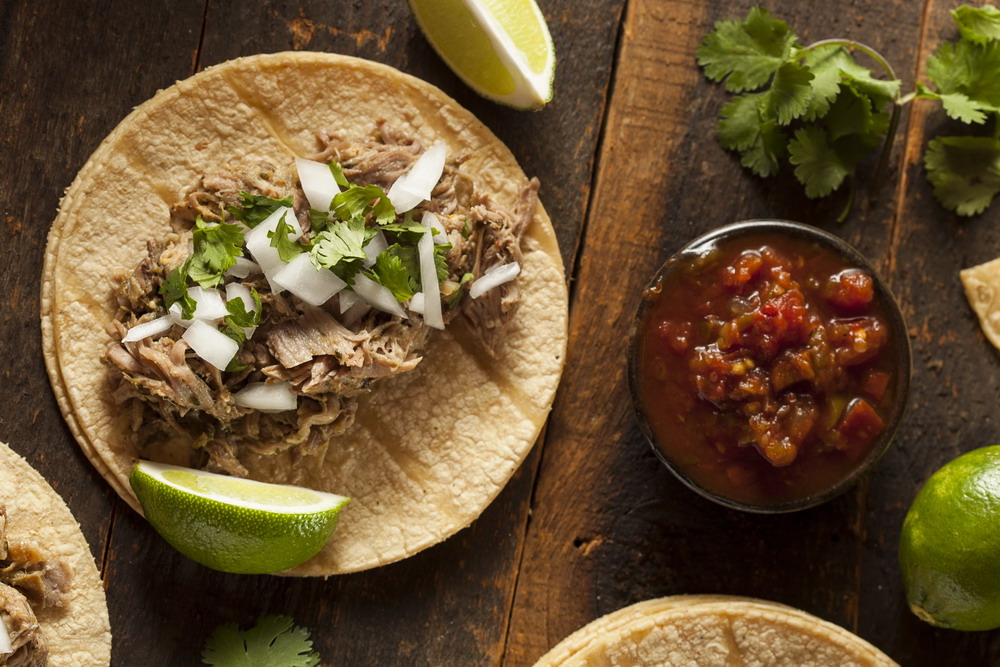Something important happened in Santa Fe, New Mexico just a couple of weeks before Christmas. What was it? The opening of a brand-new Chipotle restaurant in a city that is already awash with local Mexican and Tex-Mex establishments. When Chipotle first announced plans to set up shop in Santa Fe, they brought to this proud city a debate that has been raging in other parts of the country for years.
The Chipotle debate is all about whether Mexican cuisine should be corporatized or not. Perhaps the most fascinating aspect of it is the fact that very few restaurant chains evoke such raw emotions in people. Entire cities do not get up in arms when news of a new Carrabba’s Italian Grill is announced, for example.
 It would appear as though there is something unique about Mexican food that causes some people to dislike Chipotle without ever eating at the restaurant. As the thinking goes, it cannot be authentic if it’s corporate. And so the debate rages on. In Santa Fe, there are plenty of people on both sides.
It would appear as though there is something unique about Mexican food that causes some people to dislike Chipotle without ever eating at the restaurant. As the thinking goes, it cannot be authentic if it’s corporate. And so the debate rages on. In Santa Fe, there are plenty of people on both sides.
How Authentic is Defined
At the center of the Chipotle debate seems to be the definition of authentic Mexican food. This word ‘authentic’ is troublesome because it does not have any concrete definition. Nor can it. Authenticity is in the eye of the beholder – at least to some degree.
Imagine a Mexican couple deciding to move to the US. Now in their early 30s, they both grew up in Mexico. They married there and began raising their kids there. They also cooked authentic Mexican recipes passed down through generations. Here in the U.S., they continue to cook those recipes but add some American ingredients as well.
Is their food suddenly not authentic? If you asked the owners of Taqueria27, a family owned and operated Mexican restaurant in Salt Lake City, they would say ‘no’. Food only loses its authenticity when you try to pass off as something it’s not. But as long as you’re honest about what you are cooking, your recipes are every bit as authentic as anyone else’s.
The Cultural Aspect
Beyond authenticity are the many cultural aspects of family-owned Mexican restaurants. If this is part of the Chipotle debate, then those who prefer not to frequent the restaurant may have a point. In simple terms, it is very difficult for corporate chains to match the culture surrounding a given cuisine regardless of how accurate recipes are.
Corporate chains must standardize in order to maximize efficiency and profit margins. That is one of the reasons that one Chipotle restaurant looks like any other. The powers that be want you to be familiar with restaurant ambiance, as well as the recipes, in every Chipotle restaurant you visit around the country.
Locally owned restaurants do not follow corporate standards. As such, they are more free to incorporate Mexican culture into their restaurants. Locally owned restaurants are more apt to feature Mexican artwork and color schemes, Mexican music playing in the background, and so forth.
The icing on the cake is that locally owned restaurants are more apt to have owners who actually get to know their customers. Owners come out of the kitchen every now and again, walking around the dining room to say hello and ensure that everything is going well. You don’t get that same sort of attention at a chain restaurant.
Now that Chipotle has made it to Santa Fe, local residents have yet another choice for their favorite Mexican and Tex-Mex recipes. It’s a safe bet that locally owned restaurants won’t suffer all that much. However, time will tell.
Leave a Reply